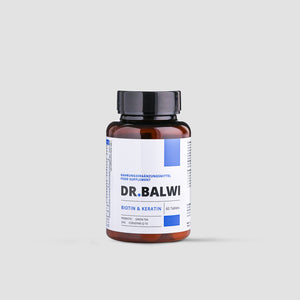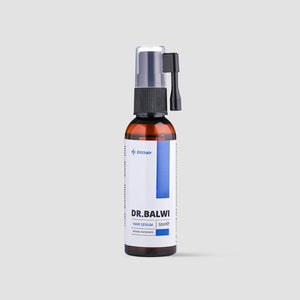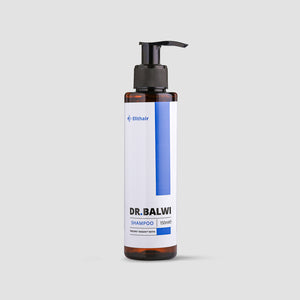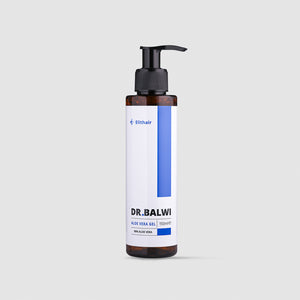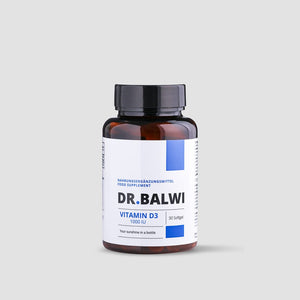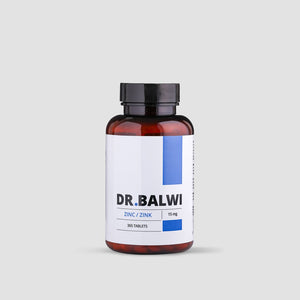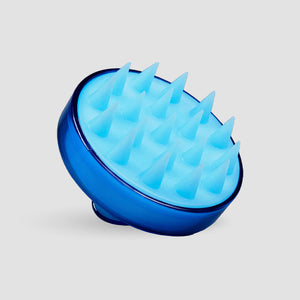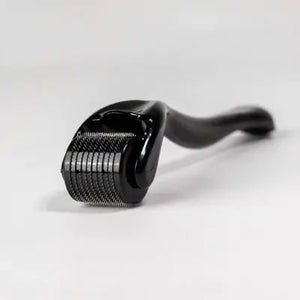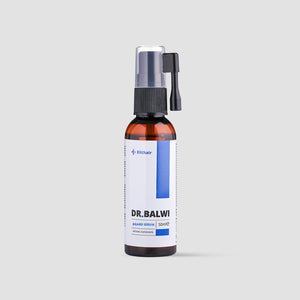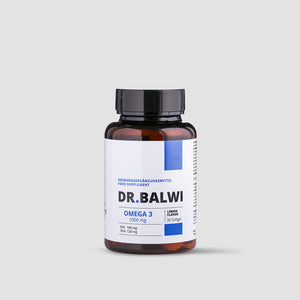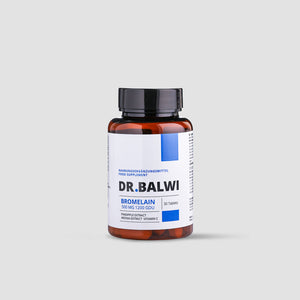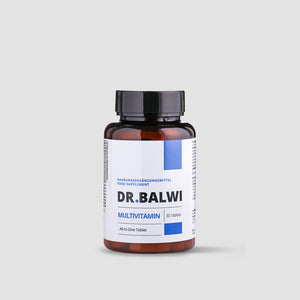
Lichen planus with hair loss: What treatment is possible?
Table of contents
- What is lichen ruber?
- Causes of lichen planus with hair loss
- Symptoms of lichen planus with hair loss
- Treatment of lichen planus with hair loss
- Conclusion: Hair loss caused by lichen ruber can be treated
What is lichen ruber?
Lichen planus is a rare skin disease characterized by small, itchy, and inflamed nodules on the skin . In some cases, lichen planus can also lead to hair loss.
This type of hair loss is called lichen planopilaris and is one of the most common forms of hair loss caused by an inflammatory skin disease.
What are the causes?
The exact cause of lichen planus is unknown, but it is believed to be an autoimmune disease in which the body's immune system mistakenly considers healthy tissue to be harmful and attacks it.
In lichen planopilaris, the form of hair loss associated with lichen planus, the immune system attacks the hair follicles (lichen planus follicularis), causing inflammation and scarring alopecia. This ultimately leads to permanent damage to the hair follicles and the inability to produce new hair.
What are the symptoms?
Lichen planus with hair loss can manifest itself through various symptoms, including:
- Itching and inflammation on parts or all of the scalp
- Red, scaly and raised lesions on the scalp
- Hair loss that often occurs in circular or oval bald patches (alopecia areata)
- Scarring of the affected areas of the scalp (scarring alopecia)
- Receding hair on the forehead and loss of eyebrows (frontal fibrosing alopecia)

Symptoms may develop gradually and worsen over time. In some cases, the condition occurs concurrently with the rheumatic disease lupus erythematosus . It is important to consult a doctor if you notice these symptoms.
Treatment options: What to do?
Unfortunately, there is no cure for lichen planus (lichen planopilaris), but there are treatment options that can stop hair loss and slow the progression of the disease. The key to treating lichen planopilaris is early diagnosis and prompt treatment.
Common treatment options include:
- Corticosteroids : Topical, oral, or injected corticosteroids can be used to reduce inflammation and stop hair loss.
- Immunomodulators : These medications help regulate the immune system and reduce inflammation.
- Antibiotics or antifungals : These may be prescribed if an infection is present or a bacterial or fungal infection is suspected.
- Hair transplantation : If hair loss is already advanced, a hair transplant may be an option to restore hair.
It's important to consult a qualified dermatologist to find the right treatment option. Early diagnosis and treatment can slow the progression of the condition and reduce hair loss.
Conclusion: Hair loss caused by lichen ruber can be treated
In summary, lichen planus with hair loss can be a serious condition that requires proper diagnosis and treatment . While there is no cure, there are treatment options that can stop hair loss and reduce inflammation.
It is important to seek qualified medical advice and discuss treatment options to find the best option for your individual needs.
The experts at Elithair are happy to provide you with a non-binding consultation .

